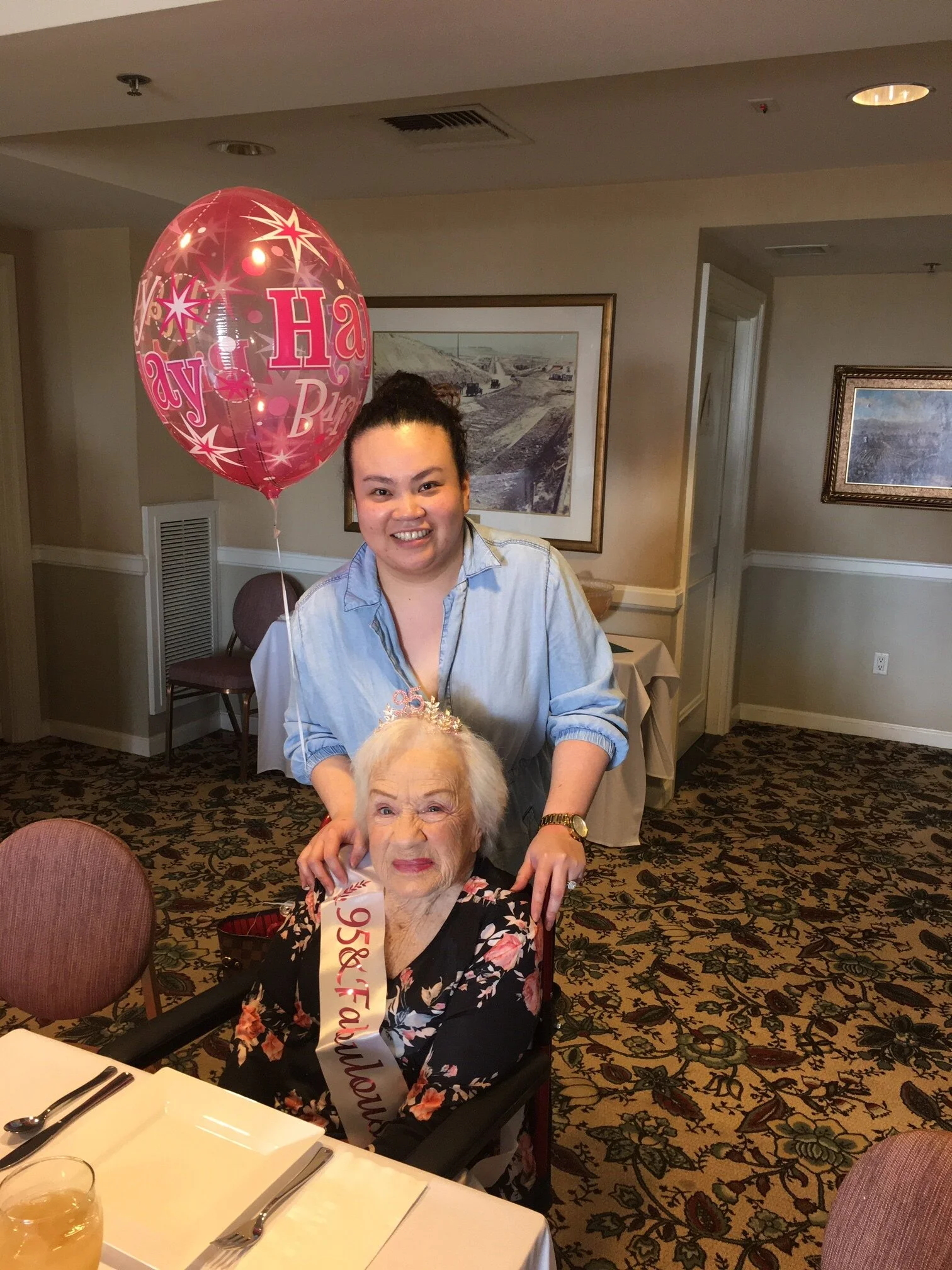The Most Mature Thing I’ve Ever Seen
As told to Chris Blake
Every student at Monroe High School knew about it. Nobody did it. Nobody.
Lunchtime at Monroe was consistent. As soon as the bell that ended the last morning class started ringing, the students swarmed toward their lockers. Then those who didn’t eat in the cafeteria headed with their sack lunches toward the quad. The quad was a large, treeless square of concrete in the center of campus. It was the meeting-and-eating place.
Around the quad the various school cliques assembled. The druggies lined up on the south side. The punkers were next to them. On the east side were the brothers. Next to them were the nerds and brains. The jocks stood on the north side next to the surfers. The rednecks were on the west side. The socialites were in the cafeteria. Everybody knew their place.
This arrangement did create some tension. But all the tension generated on the perimeter of the quad at lunchtime was nothing compared with the inside of the quad.
The inside was no-man’s land.
Nobody at Monroe walked across the middle of the quad. To get from one side to the other, students walked around the quad. Around the people. Around the stares.
Everybody knew it, so nobody did it.
Then one day at the beginning of spring, a new student arrived at Monroe. Her name was Lisa. She was unfamiliar to the area; in fact, she was new to the state.
And although Lisa was pleasant enough, she did not quickly attract friends. She was overweight and shy, and the style of her clothes was not . . . right.
She had enrolled at Monroe that morning. All morning she had struggled to find her classes, sometimes arriving late, which was especially embarrassing. The teachers had generally been tolerant, if not cordial. Some were irritated; their classes were already too large, and now this added paperwork before class.
But she had made it through the morning to the lunch bell. Hearing the bell, she sighed and entered the crush of students in the hall. She weaved her way to her locker and tried her combination three, four, five times before it banged open. Standing in front of her locker, she decided to carry along with her lunch all of her books for her afternoon classes. She thought she could save herself another trip to her locker by eating lunch on the steps in front of her next class.
So Lisa began the longest walk of her life—the walk across campus toward her next class. Through the hall. Down the steps. Across the lawn. Across the sidewalk. Across the quad.
As Lisa walked, she shifted the heavy books, alternately resting the arm that held her light lunch. She had grabbed too many books—the top book kept slipping off, and she was forced to keep her eye on it in a balancing act as she moved past the people, shifting the books from arm to arm, focusing on the balanced book, shuffling forward, oblivious to her surroundings.
All at once she sensed something. The air was eerily quiet. A nameless dread clutched her. She stopped. She lifted her head.
Hundreds of eyes were staring. Cruel, hateful stares. Pitiless stares. Angry stares. Unfeeling, cold stares. They bore into her.
She froze, dazed, pinned down. Her mind screamed, No! This can’t be happening!
What took place next people couldn’t say for sure. Some later said she dropped her book, reached down to pick it up, and lost her balance. Some claimed she tripped. It didn’t matter how it happened.
She slipped to the pavement and laid there, legs splayed, in the center of the quad.
Then the laughter started, like an electric current jolting the perimeter, charged with a nightmarish quality, wrapping itself around and around its victim.
And she lay there.
From every side fingers pointed, and then the taunt began, building in raucous merriment, building in heartless insanity: “You! You! You! YOU!”
And she lay there.
From the edge of the perimeter a figure emerged slowly. He was a tall boy, and he walked rigidly, as though he were measuring each step. He headed straight toward the place where all the fingers pointed. As more and more students noticed someone else in the middle the calls softened, and then they ceased. A hush flickered over the crowd.
The boy walked into the silence. He walked steadily, his eyes fixed on the form lying on the concrete.
By the time he reached the girl, the silence was deafening. The boy simply knelt and picked up the lunch sack and the scattered books, and then he placed his hand under the girl’s arm and looked into her face. And she got up.
The boy steadied her once as they walked across the quad and through the quiet perimeter that parted before them.
The next day at Monroe High School at lunchtime, a curious thing happened. As soon as the bell that ended the last morning class started ringing the students swarmed toward their lockers. Then those who didn’t eat in the cafeteria headed with their sack lunches across the quad.
From all parts of campus, different groups of students walked freely across the quad. No one could really explain why it was okay now. Everybody just knew. And if you ever visit Monroe High School, that’s how it is today.
It happened some time ago. I never even knew his name. But what he did, nobody who was there will ever forget.
Nobody.









